United States
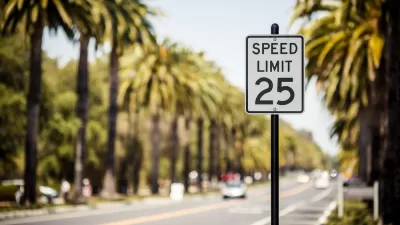
Why Not Hold Traffic Safety to the Same Standards as Transit?
Many transportation modes, such as trains and airplanes, have robust, system-wide response mechanisms to investigate safety concerns when incidents occur. Why is traffic safety still seen largely as an individual responsibility?
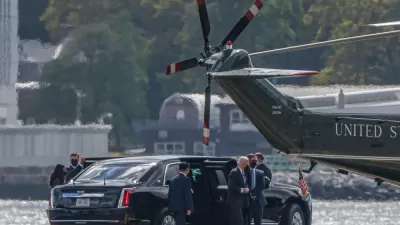
Biden’s Environmental Legacy (So Far)
President Biden campaigned on promises to restore many of the environmental regulations rolled back by the previous administration, while promising new efforts to tackle environmental injustice and climate change.
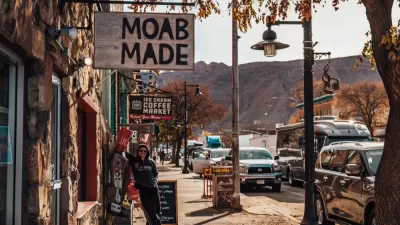
Initiative Brings Capacity Building to Booming Rural Towns
A research and capacity building initiative based at Utah State University seeks to help fast-growing tourist meccas in the West plan for smart growth.
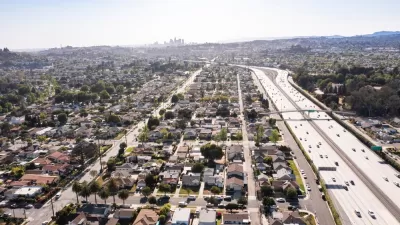
$1 Billion ‘Reconnecting Communities’ Program Accepting Applications to Repair Damage of Racist Transportation Planning
The Biden administration has talked about the need to repair the damages of a racist history of transportation planning in the United States. The time has finally come to put their money where their mouth is.
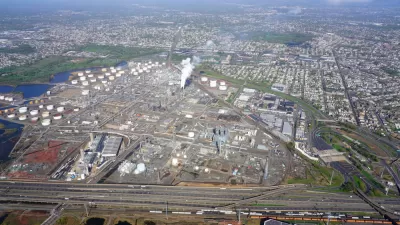
Supreme Court Guts the U.S. EPA’s Ability to Limit Carbon Emissions
The consequences of this ruling have long been foretold. With the U.S. Environmental Protection Agency now officially barred from the fight against climate change, Congress will have to act to reduce carbon emissions.

Obama on the Record Against Sprawl, Inequality by Design
Former President Barack Obama was at the AIA’s national conference in Chicago earlier this month. His presentation included some strong words about the effects of sprawl.
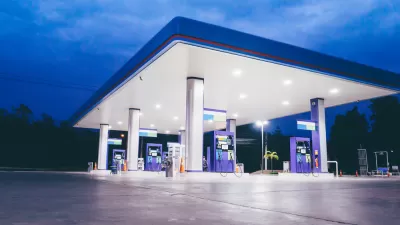
Biden Proposes Gas Tax Holiday to Reduce Gas Prices
President Biden asked Congress on June 22 to suspend federal fuel taxes, unchanged since 1993, for three months to provide motorists 'relief' at the pump. Additionally, he asked states to follow suit and for oil companies to increase refining.
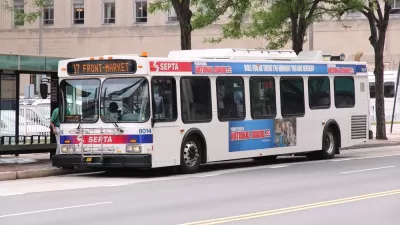
Big City Transit Agencies Face Budget Shortfalls
As rainy day funds and federal aid dwindle, transit agencies formerly reliant on farebox revenue are exploring new ways to fund their operations.
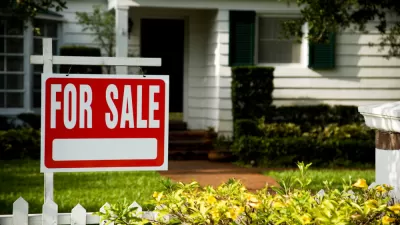
Price Cuts Spread to More of the U.S. Housing Market
The insanity of the housing market during the pandemic seems to have peaked in an increasing number of U.S. cities, according to recent data.
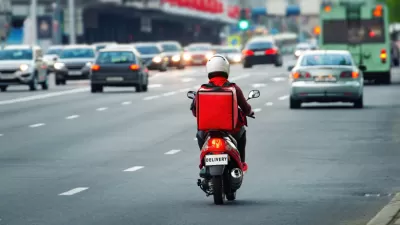
How Micromobility Can Improve Last-Mile Delivery
Facilitating the use of micromobility devices for the last mile of urban deliveries can reduce congestion, lower emissions, and take bigger vehicles off small neighborhood roads.
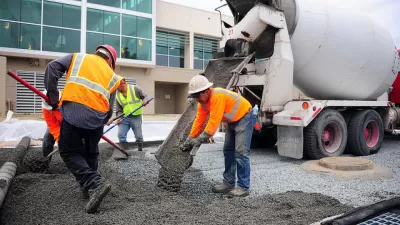
State of the Cities: Mayors Focused on Infrastructure, Economic Development
Mayors around the country are pledging to bolster infrastructure projects with new federal funding, generate economic growth, and support the most vulnerable residents.
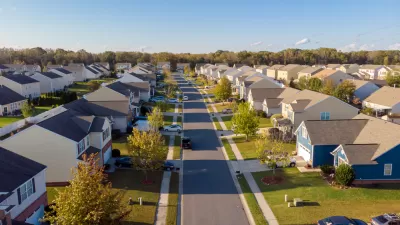
Four ‘Low-Hanging Fruit’ Zoning Reforms
An excerpt from the latest book on zoning argues for four approaches to reform that can immediately improve land use regulation in the United States.
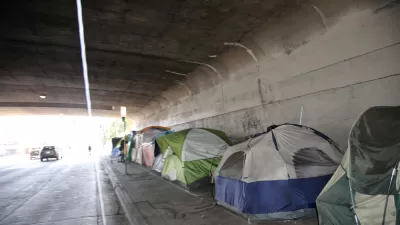
Federal Funding To Boost Supportive Housing Efforts
The Department of Housing and Urban Development announced a $365 million package aimed at efforts to reduce homelessness and provide outreach and care for people lacking adequate housing.

States Diverting Federal Road Safety Funds
Despite a nationwide rise in traffic fatalities, almost half of U.S. states have transferred federal road safety dollars to other projects.
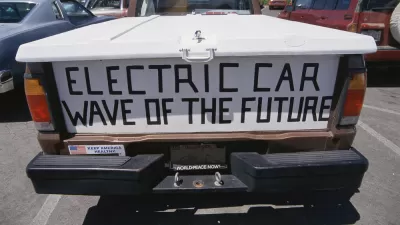
Friday Funny: The Onion Satirizes the Federal Government’s Electric Car Fetish
The totally satirical, not-at-all-real website The Onion is back with another planning-related fake news take.
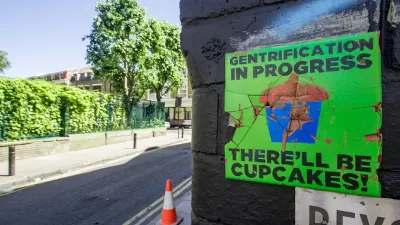
Who’s Afraid of Gentrification?
Examining the complex sources of concerns about displacement and opposition to investment in low-income neighborhoods.
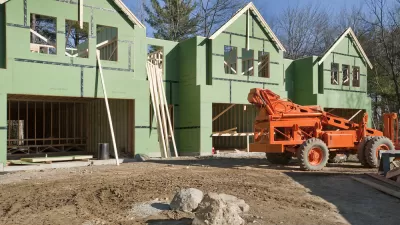
The State of the Nation’s Housing: 2022 Report
An annual report from the Joint Center for Housing Studies (JCHS) reveals that a growing number of American households face housing insecurity and spiking costs of living.
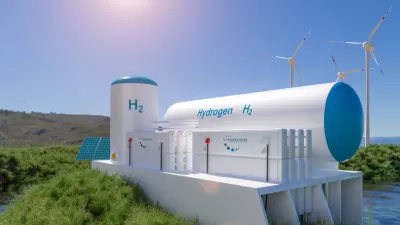
Energy Department Resumes Loan Program with Hydrogen Storage
The Energy Department's loan office, known for a bad loan to the solar panel startup Solyndra in 2011, will loan $504 million to a company that will use renewable energy to create 'green hydrogen' and store it in salt caverns in Utah.
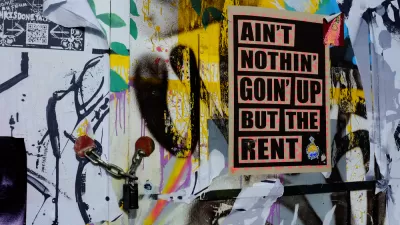
U.S. Rental Market Crosses a New Threshold of Affordability
In a first for the country's rental market, most U.S. apartments are asking for more than $2,000 to rent, according to data recently published by Redfin.
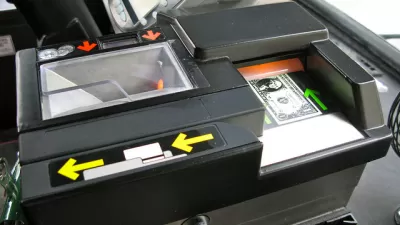
Transit Agencies Adjusting to New Realities
As transit ridership remains tepid around the country, transit agencies are looking to diversify their funding sources and become less reliant on farebox revenue.
Pagination
Urban Design for Planners 1: Software Tools
This six-course series explores essential urban design concepts using open source software and equips planners with the tools they need to participate fully in the urban design process.
Planning for Universal Design
Learn the tools for implementing Universal Design in planning regulations.
Heyer Gruel & Associates PA
JM Goldson LLC
Custer County Colorado
City of Camden Redevelopment Agency
City of Astoria
Transportation Research & Education Center (TREC) at Portland State University
Jefferson Parish Government
Camden Redevelopment Agency
City of Claremont


































